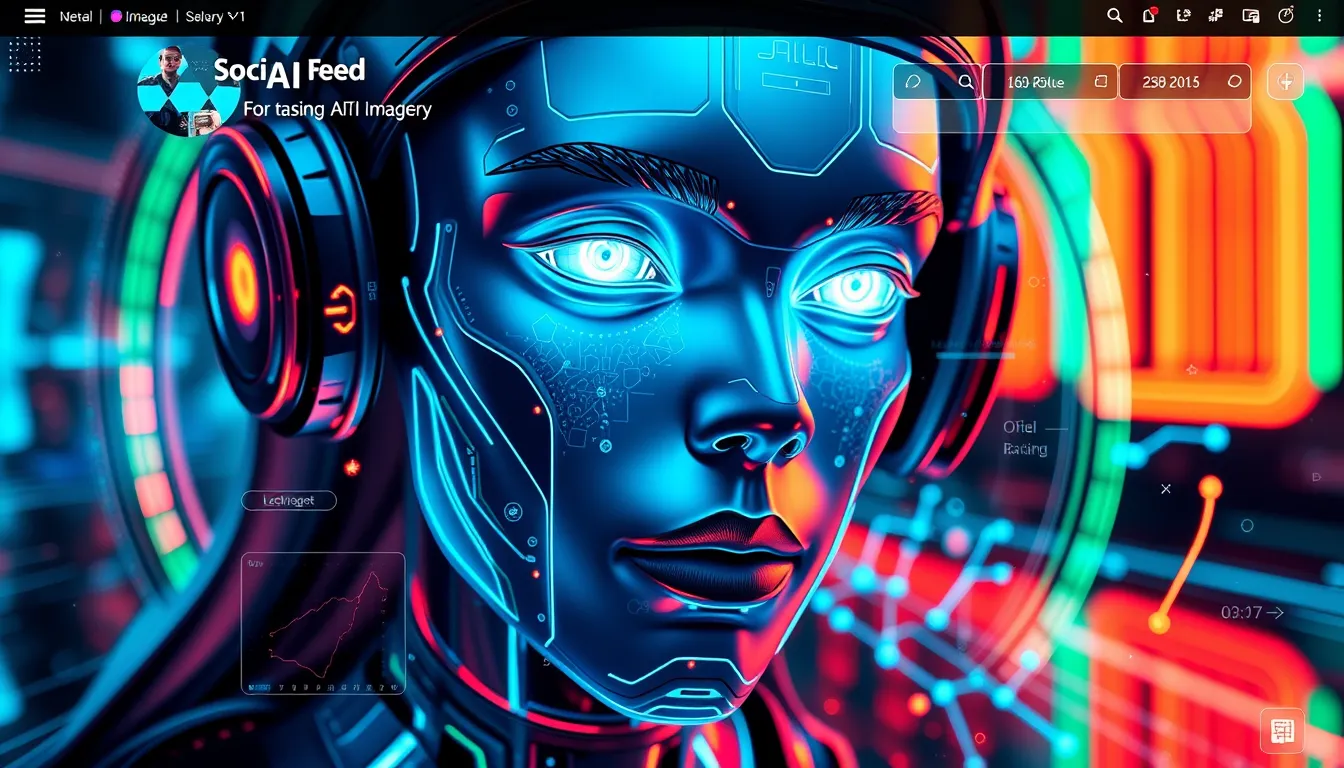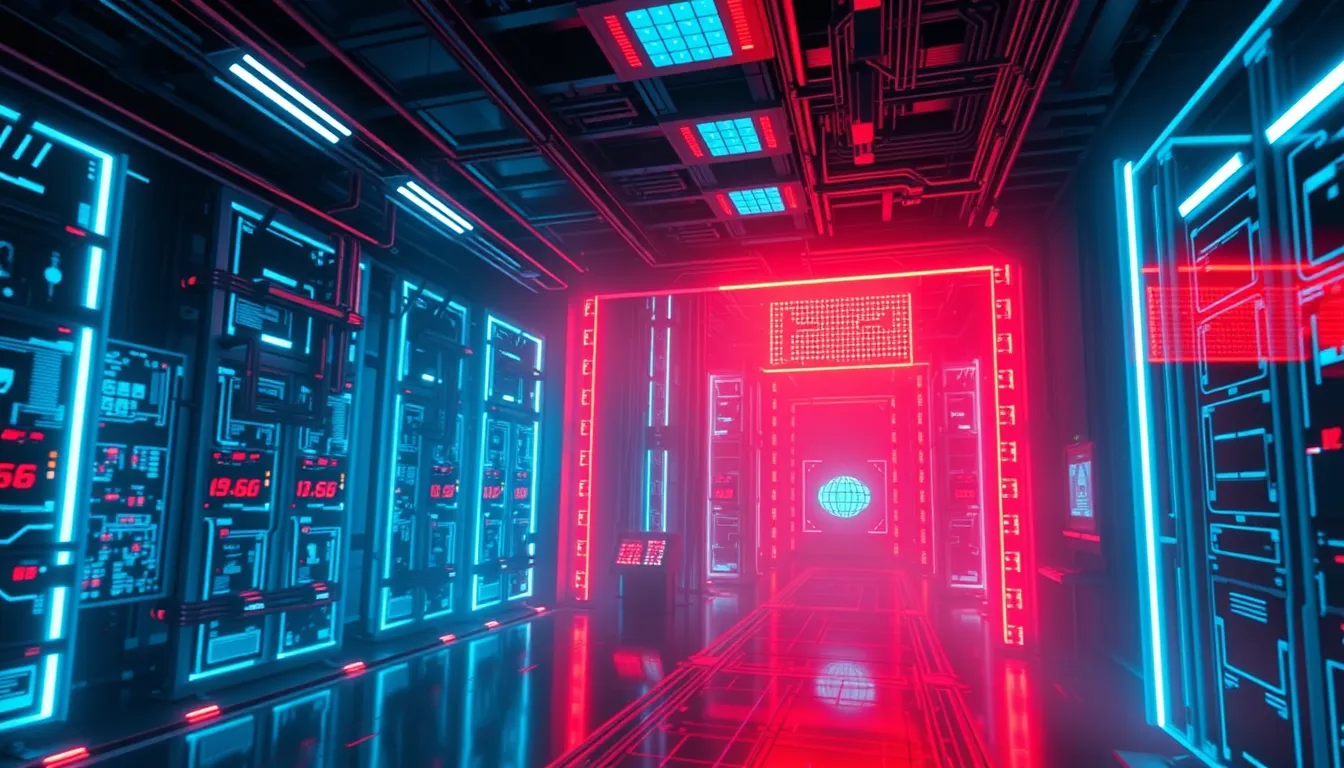Now Reading: Powerful AI in Healthcare Diagnostics: Boosting Patient Care
-
01
Powerful AI in Healthcare Diagnostics: Boosting Patient Care
Powerful AI in Healthcare Diagnostics: Boosting Patient Care

Powerful AI in Healthcare Diagnostics: Boosting Patient Care
In today’s rapidly evolving medical landscape, the integration of AI in healthcare diagnostics is transforming how clinicians assess and treat patients. With innovative solutions that harness advanced algorithms and vast amounts of data, AI is not only improving diagnostic accuracy but also enhancing overall patient care. This revolutionary technology is at the forefront of modern medicine, offering new possibilities for disease prediction and medical imaging analysis.
Transforming Diagnostic Accuracy with AI
Artificial intelligence has a tremendous impact on healthcare, particularly in refining diagnostic processes. By analyzing complex data sets rapidly, AI in healthcare diagnostics has become a pivotal tool in identifying conditions that might otherwise go undetected through traditional methods. Research has shown that AI-based tools can detect abnormalities in medical imaging with an accuracy that rivals experienced radiologists. Here are some key benefits:
- Enhanced diagnostic precision
- Reduced human error in interpretations
- Faster turnaround time for test results
- Improved resource allocation within hospitals
As the trend of integrating AI continues to increase, health institutions are investing heavily in machine learning and neural networks to further streamline diagnostics. This growing trend is not without its challenges, but the potential benefits far outweigh the obstacles.
How AI Improves Diagnostic Accuracy
One of the most compelling aspects of AI in healthcare diagnostics is its ability to learn and adapt. When trained on vast amounts of medical data, AI systems begin recognizing subtle patterns and signs that might be missed by the human eye. For instance, in medical imaging, AI algorithms can detect minute changes within scans that are early indicators of diseases like cancer or neurological disorders. Moreover, the use of AI for disease prediction has proven to be instrumental in different scenarios. Some notable methods include:
- Deep learning models that evaluate X-ray and MRI scans
- Predictive algorithms that assess genetic markers and patient history
- Real-time data analysis that supports clinical decision-making
These methods are transforming the industry by offering more personalized and accurate diagnoses. For more details on the latest advancements in AI, you can check resources such as the official website of the American Medical Association and the National Institutes of Health.
Revolutionizing Medical Imaging with AI
Medical imaging is one of the key areas where AI technology has been making significant strides. Traditional imaging techniques often rely on human expertise, which can be variable and subjective. The incorporation of AI has paved the way for more objective, quantifiable, and replicable imaging results. AI algorithms constantly learn and improve their accuracy through machine learning, ensuring that imaging diagnostics are consistent and reliable.
- Faster image processing and analysis
- Automated detection of anomalies
- Assistance for radiologists to prioritize cases
- Integration with electronic health records (EHR) for comprehensive patient profiles
As healthcare providers continue to refine these systems, the potential for AI-driven diagnostics becomes even more promising. Hospitals across the globe are adopting these technologies more rapidly, especially in light of the increasing complexity of modern medicine.
Overcoming Challenges of AI in Healthcare Diagnostics
While the benefits of deploying AI in healthcare diagnostics are evident, it is also important to address the challenges. Some obstacles include:
- Data Privacy: Handling sensitive patient data requires strict adherence to privacy regulations.
- Integration: Aligning new AI systems with existing healthcare IT infrastructure can be complex.
- Training: Continuous training of both AI systems and healthcare professionals is necessary to maximize the technology’s benefits.
To overcome these challenges, interdisciplinary collaboration between data scientists, clinicians, and regulatory bodies is key. With supportive regulatory frameworks and continuous technological advancements, these challenges are being progressively mitigated.
Future Outlook and Real-World Applications
The future of AI in healthcare diagnostics is promising. Experts predict that as technology evolves, AI will become indispensable in early disease detection, personalized treatment plans, and even preventive care. Hospitals are already implementing pilot programs, and early results show significant improvements in diagnostic speed and accuracy.
- Remote diagnostics for rural and underserved areas
- Real-time monitoring and alert systems for critical patients
- Integration with wearable technology to track patient health continuously
These innovations signify a substantial leap towards more efficient, accessible, and cost-effective healthcare systems. The integration of AI is poised to not only optimize diagnostic processes but also reshape patient care by providing actionable insights in real time.
Conclusion
In conclusion, the emergence of AI in healthcare diagnostics is revolutionizing the way medical professionals diagnose and treat diseases. With its remarkable ability to improve diagnostic precision, enhance imaging techniques, and predict diseases early, AI is setting a new standard in patient care. While challenges remain in terms of data privacy and system integration, the overwhelming benefits make it imperative for healthcare providers to continue exploring and investing in these technologies.
As we look to the future, the continued growth in AI innovation promises not only incremental improvements but also transformative changes in healthcare delivery. For more updates on this evolving field, trusted sources like the Centers for Disease Control and Prevention provide valuable insights and guidelines. Embracing AI in healthcare diagnostics is not just a technological upgrade; it is a giant leap toward a more accurate, efficient, and compassionate healthcare system.

























